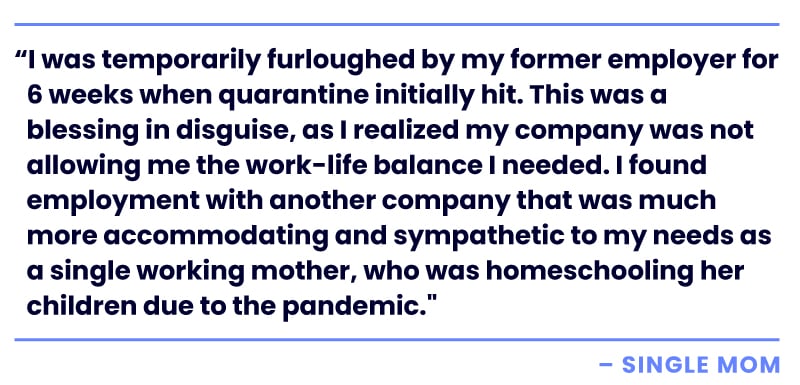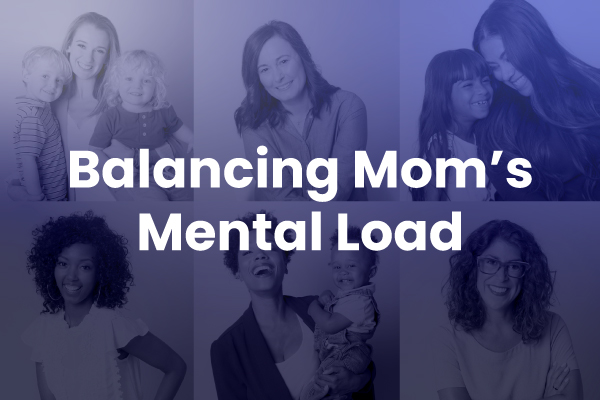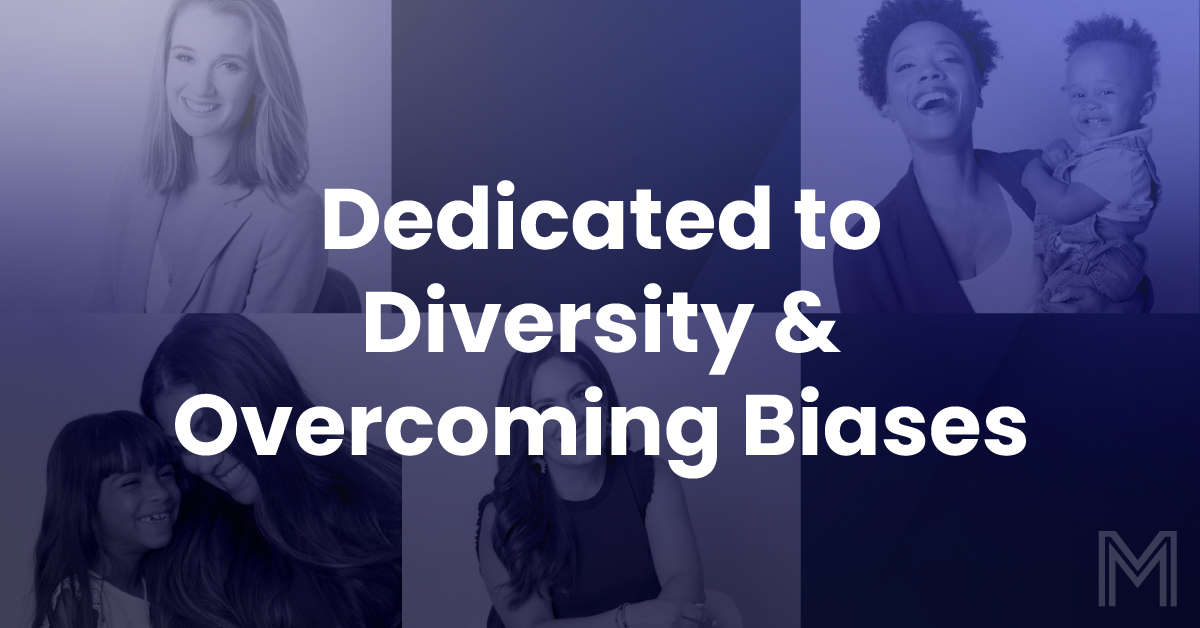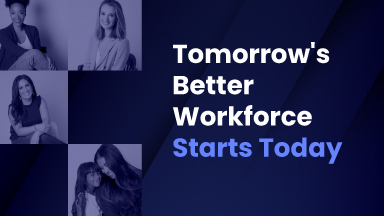The truth is not very well...
There have been widely published articles discussing the mental load of parenting on women. The mental load is everything moms carry with them besides their “half” of parenting and household duties (which is often more), like organizing, scheduling appointments, signing kids up for activities, making doctor’s appointments, reminding everyone where they should be and acting as overall household project manager.
💡In a 2020 survey of 1500+ working moms, WerkLabs most frequently saw moms reporting that they did between 91-100% of childcare/household-related workload. Even for those who co-parent, while 60% of moms report that their partner/spouse has flexibility, 40% indicate that their partner/spouse does not have flexibility in their job. Single or not, the burden/workload seems to always fall on moms!
For single parents specifically, there isn’t another “half” to help with any of it, leaving the burden of working and parenting squarely on their shoulders. According to 2019 US Census Bureau data, out of 11 million single-parent families with children under 18, 80% were headed by single mothers.
When you take the pandemic into account, of the more than one million workers over the age of 20 who left the workforce in September, 865,000 of them were women, according to the National Women’s Law Center. For many single mothers, working and remote learning, along with other care-giving challenges, has been too much to bear.

How employers can help
With the spotlight now on working mothers and workplace inequalities brought to light during this past year, how can organizations help level the playing field for working moms — specifically single mothers — to successfully support their families and have the meaningful careers they deserve?
Offer support
Flight attendants announce as a part of their safety demonstration before take-off: “Should the cabin lose pressure, oxygen masks will drop from the overhead area. Please place the mask over your own mouth and nose before assisting others.” There is a reason for this. You are no good to anyone else if you haven’t taken care of yourself. Employers can help by offering support geared specifically towards single parents to help them care for themselves.
While it isn’t incumbent (or recommended) for organizations to pry into their worker’s personal lives, understanding a portion of every workforce are made up of single parents must be considered when creating support networks, benefits, mental health services and childcare options for its workers.
Fostering a culture of openness and inclusion is critical to enabling conversations between workers and their employers. While businesses can’t cater to every situation, creating an environment where people feel comfortable asking for time off and flexibility around children’s doctor appointments, parent-teacher conferences, and other situations that can happen during business hours helps.
👉 Make sure any work-life programs you offer are available during the workday, perhaps over a lunch hour, so single parents can take advantage of them. Ask single parent employees about the stressors they face and then develop programs designed around them.
Update policies
Employers should look at their existing policies and benefits and analyze whether they set working parents up for success. Flexible scheduling options, including remote work, alternative scheduling, flex hours, paid sick leave, subsidized child care or backup daycare, all benefit working parents, especially single parents.
According to CNBC, fewer than one in five employers offer any form of child care support. The pandemic made this painfully obvious when parents had to juggle school and work, but this past year should provide insight into just how important child care is, and not just during a catastrophic event. For instance, single parents deal with the issue of child care every summer with their school-aged children.
In addition to flexibility and child care considerations, businesses should also look at policies in place when they have to furlough or lay off employees. Do they provide their workforce with guidance to seek unemployment benefits or upskilling/reskilling to become eligible for alternative jobs?
📰 A recent Forbes article stated that it is a “moral imperative” incumbent on companies to help their workers by tapping their network, providing tools to help the employees find a new job, and offering severance.
Another area to consider is whether their workforce can access a financial advisor or services to help employees during events like open enrollment. According to Guardian Life, 40% of single parents wish they had financial guidance, especially during open enrollment.

Consider your talent strategies
As a part of an organization’s commitment to helping single parents, partnering with companies that help them find, attract, interview and hire qualified, curated talent for their roles puts that commitment into action.
At The Mom Project, we are committed to helping support working mothers throughout their professional journeys. This includes resume services, community engagement, support services and qualified job opportunities for working mothers. We connect employers in all 50 states with over 400,000 highly talented, remote working moms who are ready to help your company succeed.
Having access to jobs with organizations committed to creating a supportive, competitive environment to achieve their professional goals offers single parents an avenue to support their families and feel supported in their careers.
We provide accountability for the candidate experience, from meaningful relationships with job seekers, engagement throughout the hiring process and act as a strategic partner for our clients who want to incorporate diversity into their workplace culture.
When all of the considerations above are taken into account, employers can have a massively positive impact on the mental load of the single working mom. It just takes employers willing to step back and consider how their policies, support offerings, partnerships and leadership are addressing this workforce from an organizational perspective for this necessary shift to happen. This means a more engaged and successful workforce and a culture that attracts and retains a diverse workforce.
As a part of our commitment to this topic, this is the first in the series “Easing the mental load of the working parent,” intended to help shed light on the importance of women’s mental health and how companies can support working parents organizationally. We look forward to sharing more with you soon. In the meantime, be sure to sign up for more information and to learn how we can help you unlock the power of moms. 


